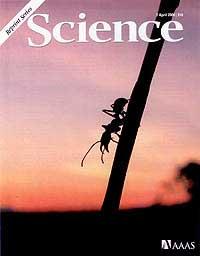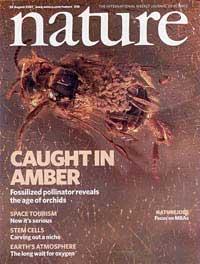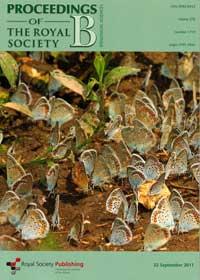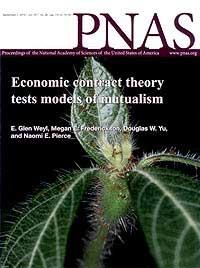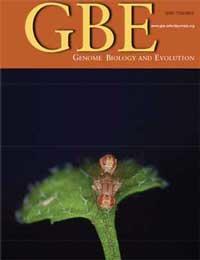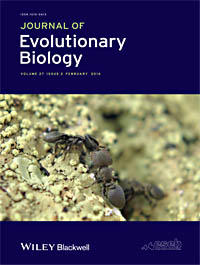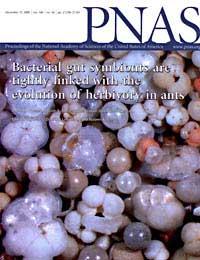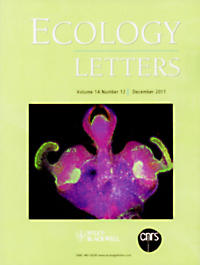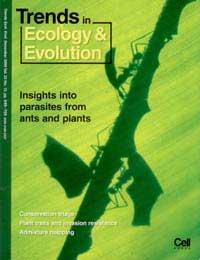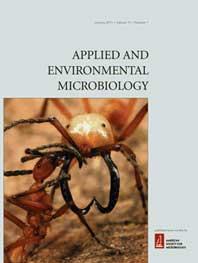Citation:
| quental.pdf | 229 KB |
Date Published:
JunAbstract:
We propose a new mechanism based on sexual selection to explain the evolution of diet breadth in insects. More specifically, we show that mate choice in females for certain diet-derived male pheromones can be exploited by maternal effect genes that preferentially place offspring on a specific host plant, resulting in specialization. Our analytical model also suggests that the process is more likely to occur with species that show male-congregating mating strategies, such as lekking and hilltopping. The model offers a new explanation for the similarity between the composition of male lepidopteran pheromones and the chemistry of their host plants and also suggests a novel mechanism of host plant shift. This is the first time that sexual selection has been proposed to drive host plant specialization and the first time that a mechanism with selection acting solely on the adult stage has been shown to be capable of determining larval feeding habits.
Notes:
168WETimes Cited:4Cited References Count:39

